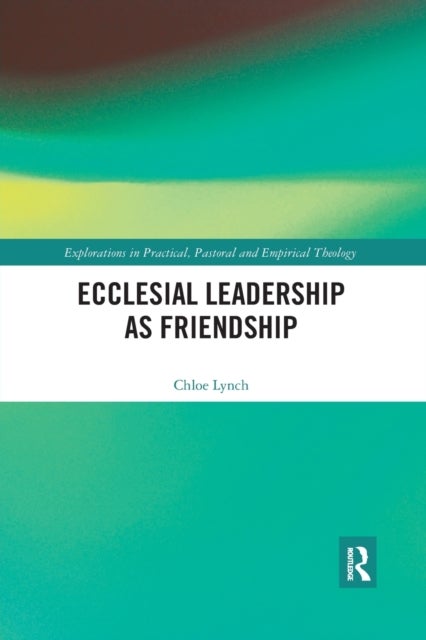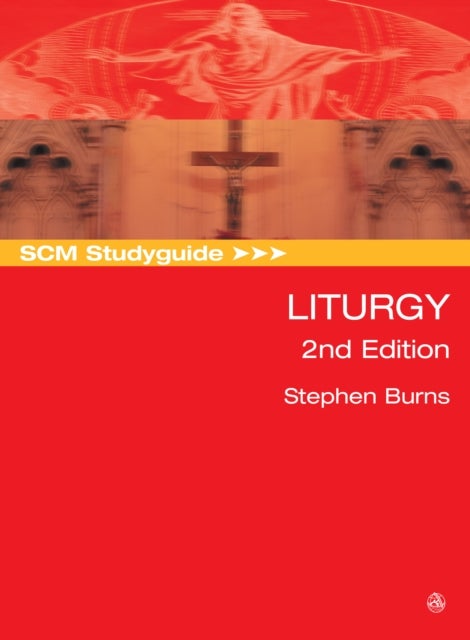
Ecclesial Leadership as Friendship av Chloe (London School of Theology UK) Lynch
529,-
<P>When it comes to talking about the activity of directing the church, the language of leadership and leaders is increasingly popular. Yet what is leadership ¿ and how might theological narratives better resource the discourse and practice of leadership in ecclesial contexts? In identifying and critiquing managerialism as a dominant narrative of leadership in the Western church, this book calls for an alternative approach founded on the concept of friendship.</P><br/><br/><P></P><br/><br/><P>Engaging with the wider field of leadership studies, the book establishes an understanding of leadership activity and brings it into conversation with an incarnational ecclesiology. The result is a prophetic reimagining of ecclesial leadership in terms of a relational, kenotic praxis. This praxis of mutuality and love is framed here in the rich language of Christian friendship. The book also wrestles deeply with the embodiment of such a praxis, making explicit the power behaviours typical of frien








